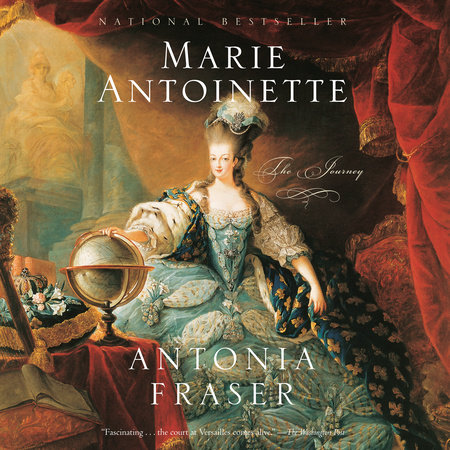Marie Antoinette Reader’s Guide
By Antonia Fraser


1. How important was Marie Antoinette’s childhood in Austria–historical enemy of France–in influencing her career? Would it ever have been possible for an Austrian princess to have a satisfactory life in France?
2. Was Marie Antoinette’s relationship with her mother, the Empress Maria Teresa, a damaging or a supportive element of her life?
3. Marie Antoinette’s marriage to the Dauphin, later Louis XVI, remained unconsummated for seven and a half years. What effect did this have on her character–and her relationship wth her husband?
4. Were the accusations of extravagance and frivolity leveled against Marie Antoinette justified–both during her own lifetime and since? Marie Antoinette was also the target of numerous vicious libels about her sexuality. What part did these libels played in blackening the image of royalty in France, and how valid were they?
5. Assess the political role of Marie Antoinette in the years shortly before the French Revolution: Should she have tried to influence Louis XVI more or was she correct to let history take its own course?
6. Marie Antoinette was a patron of the arts and a nature enthusiast. Is philanthropy an essential part of the royal role?
7. Once the French Revolution started, Marie Antoinette could probably have escaped by herself, or with her little son disguised as a girl. Instead she saw it as her duty to remain at the King’s side. Knowing that she was an unpopular queen, why did she make that decision?
8. Marie Antoinette’s courage and composure at her trial and execution aroused widespread admiration at the time, even from her enemies. How much had her character changed since her youth? Or were such qualities always latent in her personality?
Just for joining you’ll get personalized recommendations on your dashboard daily and features only for members.
Find Out More Join Now Sign In